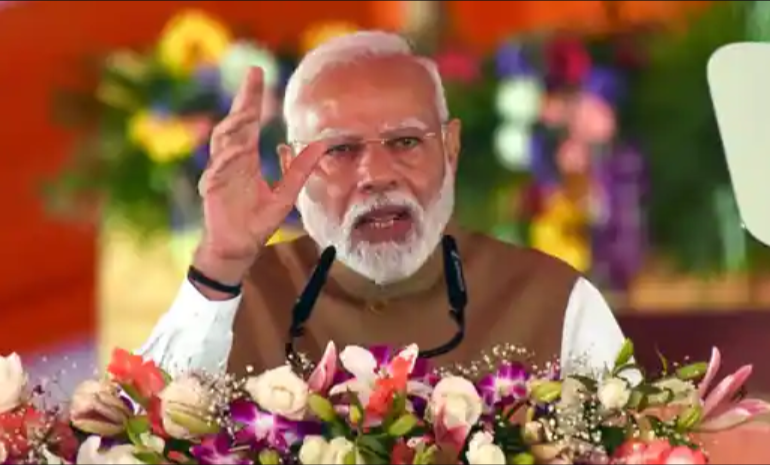
Modi Government Approves ‘One Nation, One Election’ Proposal
The Modi administration has officially approved the ‘One Nation, One Election’ proposal, a significant move aimed at synchronizing elections across India. This decision comes after recommendations from a high-level committee led by former President Ram Nath Kovind.
The proposal seeks to hold simultaneous elections for the Lok Sabha and state assemblies, a shift that the government argues will streamline the electoral process and reduce the frequency of elections. However, critics, including various political leaders, express concerns that this change undermines federalism and diminishes democratic representation.
The approval reflects the government’s intent to implement this framework, emphasizing its potential benefits for governance and electoral efficiency. The proposal is expected to be a key topic of discussion as India approaches its next general elections.
The proposal aims to synchronize Parliamentary and Assembly elections, a move that the government argues will reduce the frequency of elections and associated costs. Prime Minister Modi has frequently emphasized the need for this initiative, stating that the country “pays a price” for remaining in election mode throughout the year.
The Kovind-led committee submitted its recommendations in March, suggesting the creation of a common electoral roll and voter ID cards in collaboration with state election authorities. According to the panel, simultaneous polls would streamline the electoral process and help realize the aspirations of “India, that is Bharat.”
However, the proposal has faced significant opposition from various parties, including Congress and AAP, who express concerns that it could undermine the current parliamentary system and push towards a more centralized governance model. Critics argue that this move may diminish democratic representation and federalism.
The concept of ‘One Nation, One Election’ has been discussed since the 1980s, with previous instances of simultaneous elections occurring in 1951-52, 1957, 1962, and 1967, before being disrupted by the premature dissolution of some Assemblies.